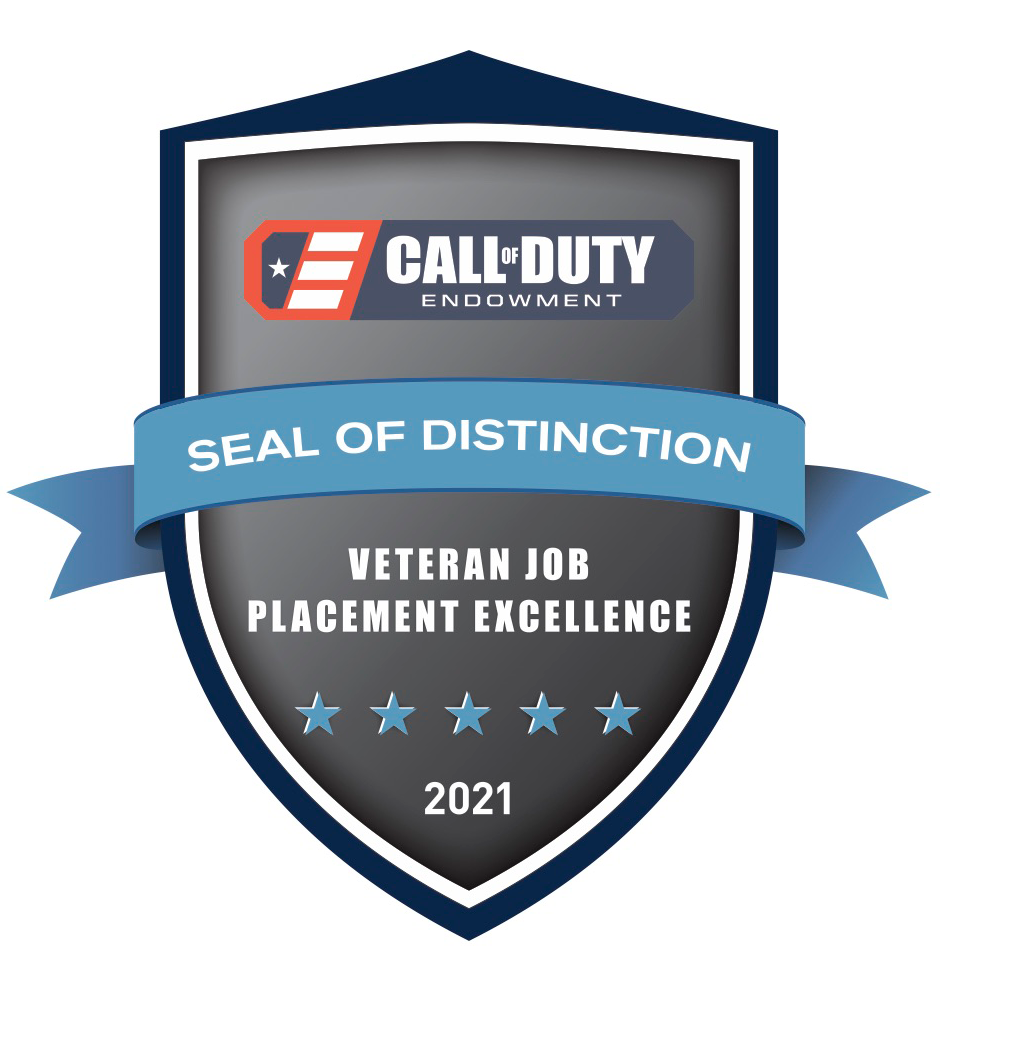Grand Rapids man highlights importance of national veteran's mentorship program
January is National Mentoring Month, and more than 6% of American veterans are unemployed, according to the government's most recent report.
But in Michigan, that number is much higher. More than 11% of veterans in the Great Lakes State are out of work.
And for one Grand Rapids man, he's taking this time to highlight a national non-profit organization he's involved with that is working to fix that through mentorship.
Transitioning out of the military can be an uneasy time for service members. 23-year Army Veteran Richard Comitz said it's one of the scariest times he's been through.
"You're having to deal with the thoughts of what to do for the rest of your life," he said, "but also most of us have families and stuff, so we questions how to make sure we're providing for them, too."
Luckily, American Corporate Partners (ACP) is here to help.
"We do that by providing customized one-on-one mentorships, where we pair up the service member or spouse with a mentor," said Comitz, ACP's Senior Vice President.
ACP was founded in 2008, and works to make the transition into the civilian workforce as seamless as possible.
In 2020, 2,677 veterans completed their customized mentoring program.
"I think what sets us apart is how customized we are," said Comitz. "86% of servicemembers don't even know what they want to do when they get out of the military, what job they want, or even what career field. So we have mentors that can kind of help them figure that out."
One of those mentors is Grand Rapids' own Gregory Hatcher.
"I don't wanna say I'm holding their hand, but in a sense I am, because mentors are here to show them the ropes of what to expect," said Hatcher. "We explain what barriers to entry there might be, and give solutions for how to get around those barriers."
Hatcher runs his own offensive cyber security consultancy called White Knight Labs located right here in Grand Rapids, so he works with veterans who are looking to enter that field.
But he's also been on the other side of the mentorship program as a protégé when he transitioned out of the military, so he knows the importance of both sides of the relationship.
"That transition can be tough," he said, "because if all of a sudden, you're out of the military, and you have nothing lined up, that's the worst case scenario."
As a mentor now himself, Hatcher explained that it isn't always just about business, either.
"Sometimes we just talk about moving back, how our kids are doing in school, and about our families," he said. "We're really working on the whole person."
There are nearly 60 people with ACP whose full-time job is spent working with service members, asking them questions and customizing their mentorship program. Each pairing also has a case worker that checks in weekly to make sure everything is going well.
And even before COVID, about 80% of their mentorships were virtual and in different parts of the country.
"So they may not always meet in person, but oftentimes they do find time to meet up with each other, which is really amazing to see," said Comitz.
And ACP mentors don't have to be veterans themselves, which is why both Comitz and Hatcher say it is always a good time to get involved in something like this.
"For any industry professional, working one-on-one with one of these transitioning veterans can put them lightyears ahead of where they would be without you," said Hatcher.
13 ON YOUR SIDE'S General Manager, Dan Baylog, is a mentor with ACP. He was not a service member, but said that it can be a great experience for everyone, no matter their background.
To learn how you can get involved as either a mentor or a protégé looking for help with your transition, click here. You can also send an email to info@acp-usa.org.











